In this article, I discuss how to proceed when you’ve determined that therapy doesn’t work for you.
In my work as a Calgary psychologist and a Cochrane psychologist, I often get clients or prospective clients who are reluctant to proceed with therapy, a particular form of therapy or a specific therapy technique because they have determined either that ‘it doesn’t work’ or ‘it doesn’t work for me’. Such beliefs about therapy, forms of therapy or therapy techniques not working at all or not working for the individual may be in many instances inaccurate. More importantly, these negative beliefs can interfere with the individual making progress in therapy going forward.
In the following sections, I will discuss why these negative beliefs about therapy can interfere with progress and how to change them to beliefs which are more conducive to success.
Why negative beliefs about therapy can interfere with progress
Believing that therapy doesn’t work in general or doesn’t work for you does not necessarily mean that these beliefs are accurate. Unfortunately, having these potentially inaccurate negative beliefs can interfere with a person trying therapy, a specific form of therapy or a therapy technique which could actually be helpful and ‘work’ for them.
Further, even if the person reluctantly tries therapy or a specific therapy technique, their belief that it does not work or will not work for them can result in their not working because of a negative self-fulfilling prophecy. That is, if you believe something will not work, this belief can result in your not putting in the time or effort required to give it a chance to work with the outcome being that it ultimately does not work.
So questioning your beliefs about whether therapy or therapy techniques work at all or work for you can be in your interest as it may open up the possibility that you can benefit from therapy or from specific therapy techniques. I will next discuss ways you can begin the questioning process so that you can shift toward beliefs which are conducive to success in therapy.
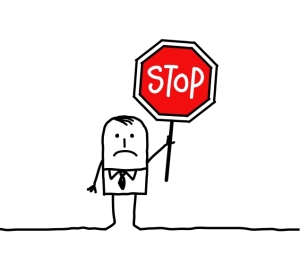
How to question the belief that therapy doesn’t work
Questioning that therapy doesn’t work entails considering the substantial evidence that therapy does work. This evidence comes from studies which show that people who go to therapy to address issues tend to show better improvement than people in control groups who do not attend therapy.
The same logic can be used to counter blanket statements that particular forms of therapy and particular therapeutic techniques do not work. For example, there is substantial research documenting the effectiveness of cognitive behavioural therapy (CBT). There are also many studies which demonstrate the effectiveness of particular therapy techniques such as behavioural activation and thought records for clients with depression and gradual exposure for clients with anxiety disorders.
How to question the belief that therapy doesn’t work for you
The belief that therapy doesn’t work for you is more challenging to address because it is often the result of trying a particular form of therapy or therapy technique and believing that you did not benefit from it. As such, it involves changing a belief which you believe you have evidence to support. Doing so requires you to adopt the mindset of a scientist who allows even the most strongly held propositions to be subjected to critical examination.
In re-visiting your belief that therapy doesn’t work for you, it may be helpful to consider some alternative explanations for your view that therapy did not work for you when you tried it. One is that you may have actually derived some initial benefits but that, for various reasons, you did not apply the therapy skills properly or consistently enough to derive significant benefits. This would be analogous to an athlete not executing the movements in their workouts properly or not training consistently enough to achieve good performances.
With such alternative explanations in mind, you can shift toward beliefs which are more conducive to making progress by giving another try in therapy or with a particular therapy technique. Such a belief might be, “Although I thought I made no progress in therapy before, I recognize that I did make some progress and that I dropped out of therapy before I was able to learn the skills and practice them consistently enough to make good progress. If I now work with a therapist who guides me to use the skills effectively and I practice those skills regularly, I have a good chance to make progress this time”.
When you are able to make some progress on this ‘second time around’ in therapy, you will strengthen your positive expectations about therapy. In turn, this will create a positive cycle in which your newly favourable views of therapy will contribute to further progress. At this point, you will have achieved the goal of changing your beliefs to ones which work for you rather than against you in your desire to make progress in therapy.
May you have beliefs which help you to succeed in therapy,
-Dr. Pat

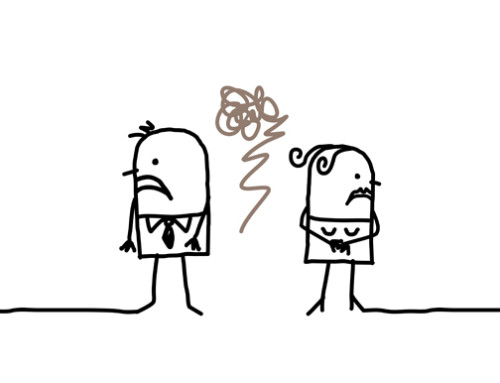

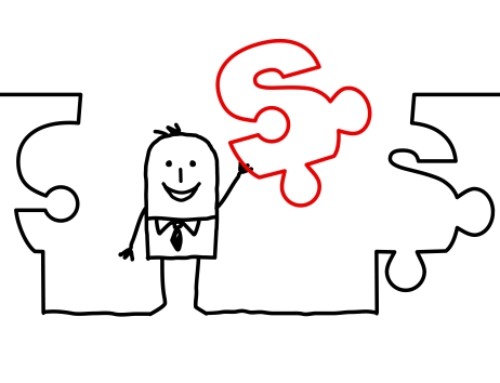
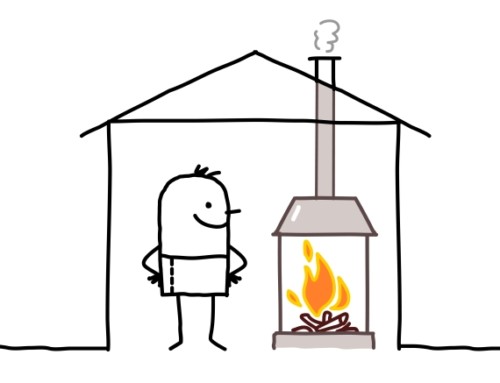
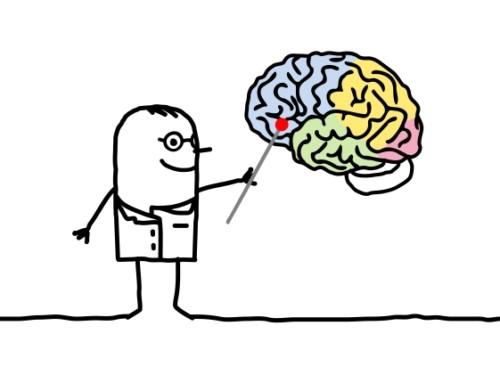
If you think it works it does and if you don’t it doesnt. That’s a placebo effect.
I would like to see more considerations of reasons why therapy might not work that don’t involve blaming the client for “not doing it right.” For example, I am one of many people who found that therapy repeatedly did not work because I was misdiagnosed. In my case, a background of childhood abuse (including a heavy gaslighting component) was being treated as simple anxiety with no real-life basis. This resulted in therapy that was retraumatizing me rather than helping; the use of cognitive behavioral therapy combined with the assumption that my anxieties had no basis in real life ended up reinforcing old damaging patterns of denial and minimization of abuse.
So for a long time I did think, after multiple bad experiences, that therapy would never work for me. What I’m coming to realize is that therapy would never work for me so long as I was receiving standard treatments for general anxiety that ignored the traumatic patterns in the past. I’ve heard similar stories from others who had long-term misdiagnosis issues, where therapy repeatedly didn’t work until someone did a deeper inquiry into there experiences and changed the approach. Unfortunately patterns that blame the client for, essentially, not doing therapy right, can hinder people from finding an approach that actually works.